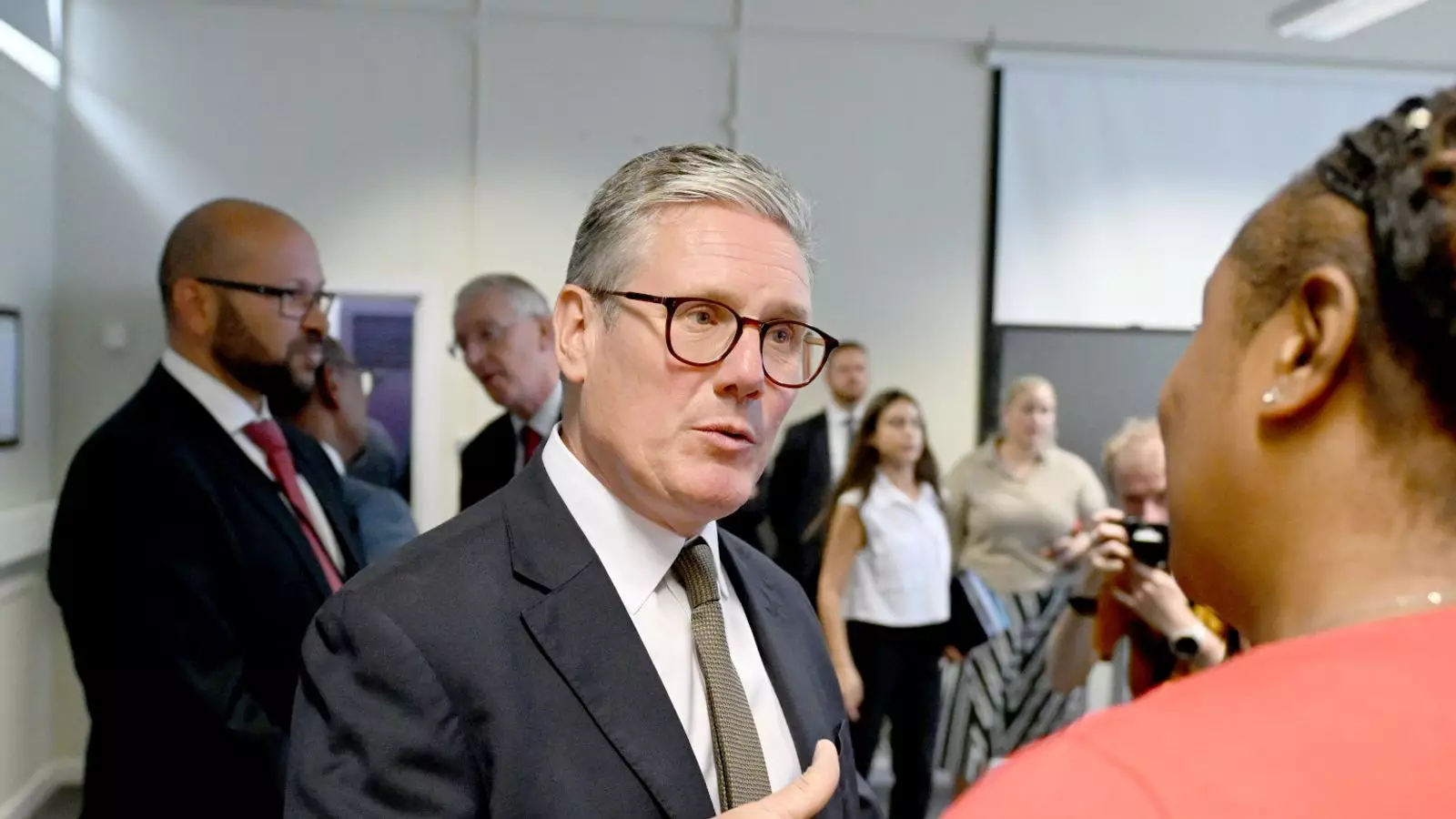The ability to communicate a clear and effective message is a crucial tool in the arsenal of any government. In 2010, the new coalition government successfully utilized messaging to attribute economic chaos to the previous Labour government, setting the stage for their re-election five years later. This highlights the power of shaping public perception through strategic communication.
Sir Keir Starmer’s recent keynote speech as prime minister emphasized the importance of managing expectations. He candidly stated that life in the UK is “going to get worse” before it improves, acknowledging the challenges ahead. This approach of honesty and realism in messaging is aimed at preparing the public for tough decisions and potential setbacks in the short term.
By highlighting the challenges inherited from previous governments, particularly the Tories, Labour aims to position themselves as the agents of change and improvement. This narrative strategy seeks to frame the current situation as a result of deeper structural issues that require time and effort to address. By setting the stage for gradual progress, Labour hopes to gain credibility and trust with voters over time.
Framing Successes
Despite the existing challenges, the macroeconomic outlook in the UK is relatively positive. Labour may seek to claim credit for any improvements in areas such as declining migration figures and low unemployment rates. This tactic of framing successes can be a strategic move to boost public perception and reinforce the party’s credibility on economic matters.
Ultimately, the effectiveness of messaging lies in its ability to shape public opinion not only in the short term but also in the long term. By carefully managing expectations, framing narratives, and highlighting successes, political parties can influence voter perceptions and gain an edge over their opponents. Sir Keir Starmer’s speech is not just a statement for the present moment but a strategic move to lay the groundwork for future electoral success.

Leave a Reply